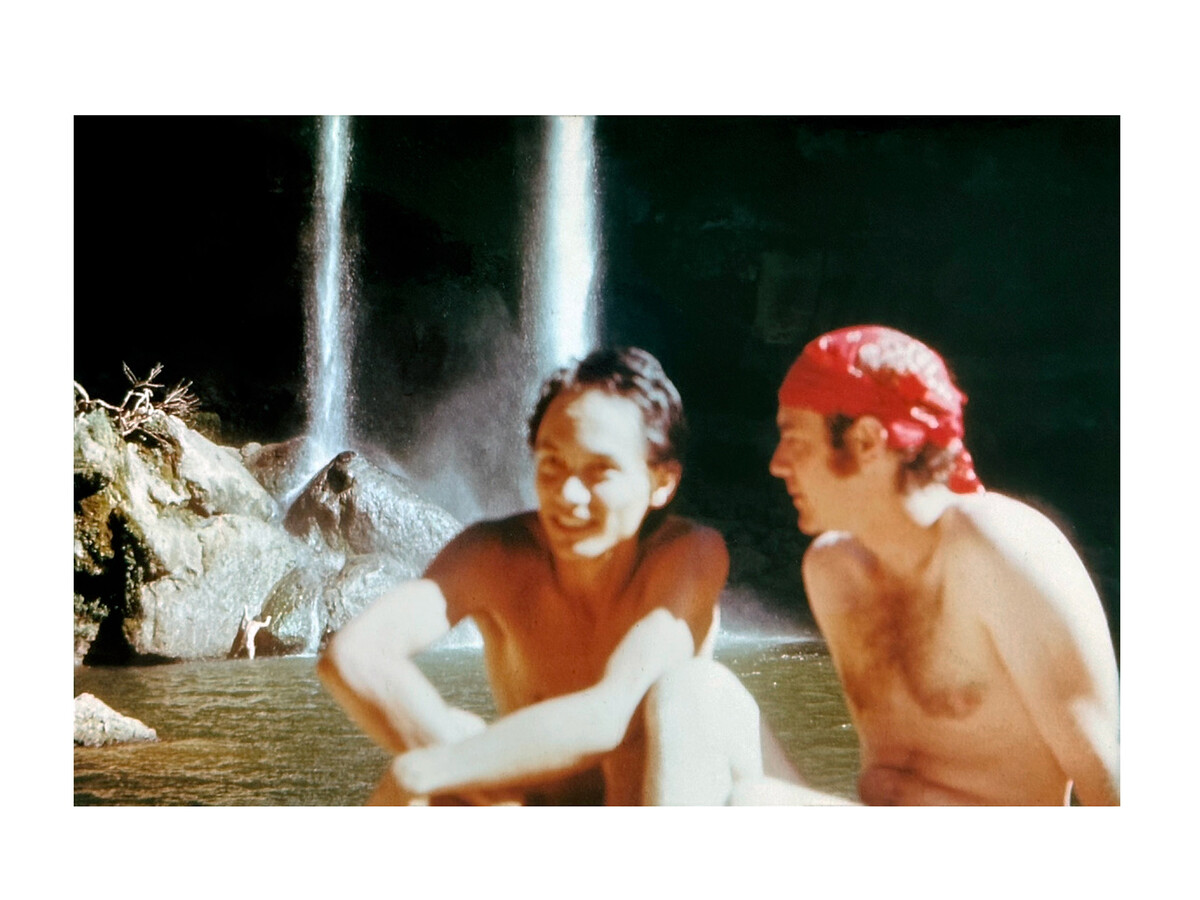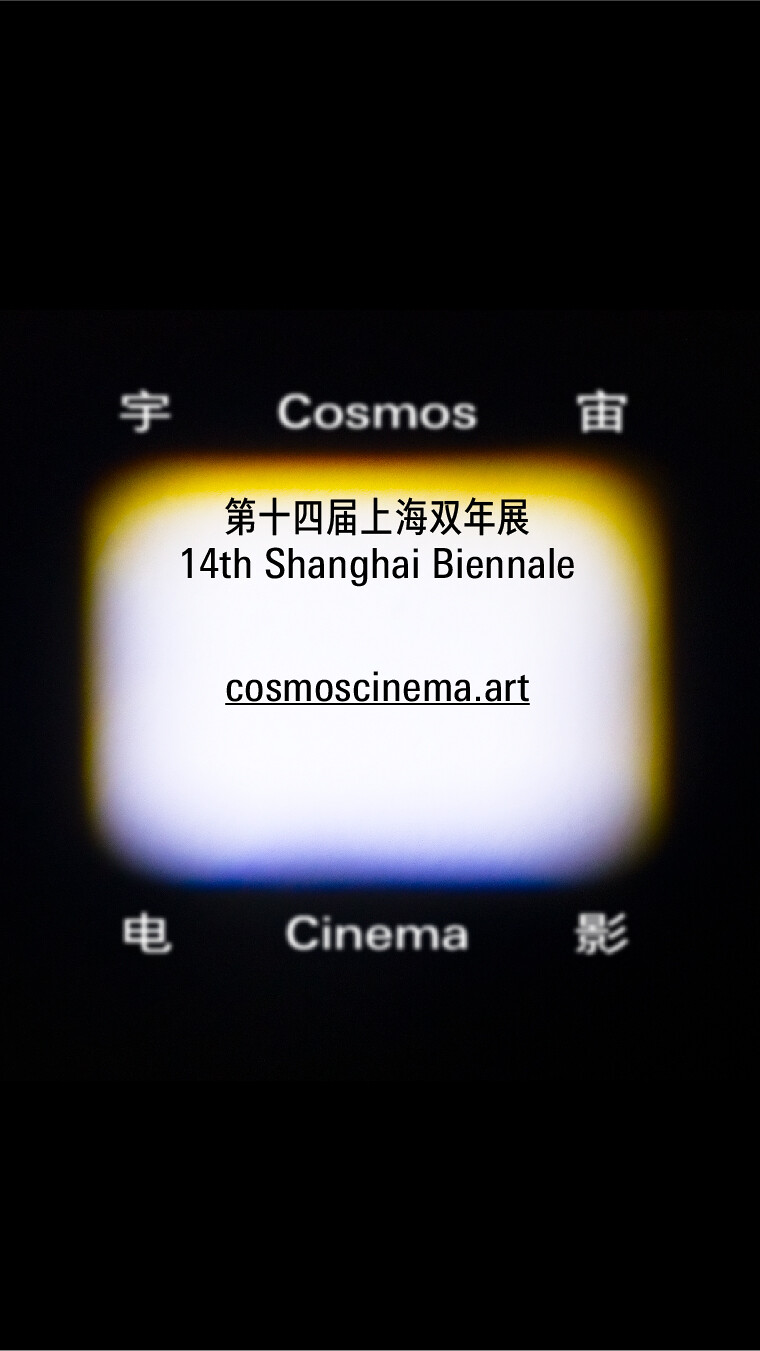How to convey the power of this book? The achievement of its language is such that it resists easy translation into criticism as practiced in any conventional mode. Narratively it recounts Glück’s life with the artist Ed Aulerich-Sugai in the 1970s, and the time he has lived since Ed’s death from AIDS in 1994. It is organized concentrically so that the death takes place at the precise center of the book, where there is an extraordinary description of the performing of a last rite, the washing of Ed’s corpse by Glück and Daniel, Ed’s final lover: “We hurry as though Ed might be impatient. Here is the dusky skin, here the straight back, the slightly bowed legs, the narrow waist, the flat ass. AIDS has restored the body I lived with long ago, so thin that I watched his heart beating against his chest till my senses bled in marvelling tenderness.” And right at the center of this description there is a single drop of blood: “Daniel pulls down Ed’s underwear and milks one bright red drop from Ed’s cock. The drop of blood is the only indication of the pandemonium that occurred within this body … Ed’s murderous blood.” At the center of Dante’s Hell stood Satan, at the centre of Glück’s is a single drop of infected blood from which the book constellates, an experience of the Real that Glück attempts, heroically, to speak.
One way of reading American art in the twentieth century is as an oscillation between puritanism and the baroque. Glück and Bruce Boone began to theorize what became known as the New Narrative in the 1970s in part as a reaction against the puritanical formalism of the Language Poets, then ascendent in the Bay Area. The Language Poets, taking their cue from the European avant-garde, sought a radically anti-subjectivist and materialist poetics. Taking off from Viktor Shklovsky and the Russian Formalists, they sought to defamiliarize language at the level of the word, breaking it up and reforming it, as though the word itself were a commodity that needed to be de-fetishized, as though formal abstraction at the level of language could intervene directly in the social and economic world. Glück, Boone, and others in their circle felt that narrative and the self (though, like the Language school, they accepted that the self was an assemblage striated by ideology and power) were necessary fictions, necessary in part because they were the route to an expression of minority identity and community based on both experience and aesthetic commitment. About Ed is in part an elegy for that community, and it takes the group’s theoretical and aesthetic commitments to their apotheosis.
In fact, the notion that affect, the aesthetic (that is the sensory experience of the world and art) and the theoretical (the grasping and interpretation of that experience intellectually) are separate processes is always in question in Glück’s book at the level of form, that is, at the level of the sentence. To give a sense of how this works, take the following extraordinary passage:
How to contain, as one must, the time that has passed, childhoods and adulthoods and deaths? The way vast historical events impinge on the individual. All the possible outcomes and reversals at every moment gather into an immanence that rides with the story inside each breath, so that even the unknown, which is never known, dwells inside the time of the story. That’s why these tears belong to the experience of aging. They contain intolerable distance, distance impossible to contain, so that while I may be congested with feeling and my body clenched and even racked, there is also a delicate filigree, a pattern mostly empty, which I enjoy with a kind of recognition, the spatial equivalent of a death’s head but lovely, or rather, harder to endure.
The experience of weeping becomes available for intellectual consideration apparently in real time. Sensual experience and theory happen together. The conceptual is made to weep or blush. Language reaches back to its sensual origins in the sigh or the grunt or the painful cry. Desire, grief, and theory are extravagantly intertwined. A significant achievement of the book is that it interpolates you, the reader, in its ethical structure. Glück uses elements of Ed’s own journals and dream notebooks so that the work becomes a collaborative act, a collaboration that is extended to the reader who is asked to take on the burden and responsibility of memory. Glück characterizes About Ed as a tomb built in language: a tomb for Ed and, ultimately, for himself.
As is my usual practice, in preparation for this review I copied out passages I imagined might be useful or significant. This one, for instance: “His lack of presence in his body made grief happen but I can’t explain why. It has something to do with the awareness of time, and something to do with my … ” At that point the pen I was using ran out of blue ink. For several minutes I had had to press hard on the paper to make it work, but now it had ceased, given up the ghost. The line ends, “being human after all.” “It has something to do with my awareness of time, and something to do with my being human after all.” Being human faded out with the ink. This seemed wilfully resonant. As did the fact of the wind blowing the disorganized rose bush outside my window. Or the autumn sunlight yellow in its piscine leaves. In this book Glück describes sunlight as “talkative.” A Frank O’Hara dapple. The line between Glück’s extraordinary prose and my own experience of the world became paper thin. I took another pen from the jar on the table and in lurid violet ink completed the sentence: “being human after all.”
Robert Glück’s About Ed was published by New York Review Books on November 14.


